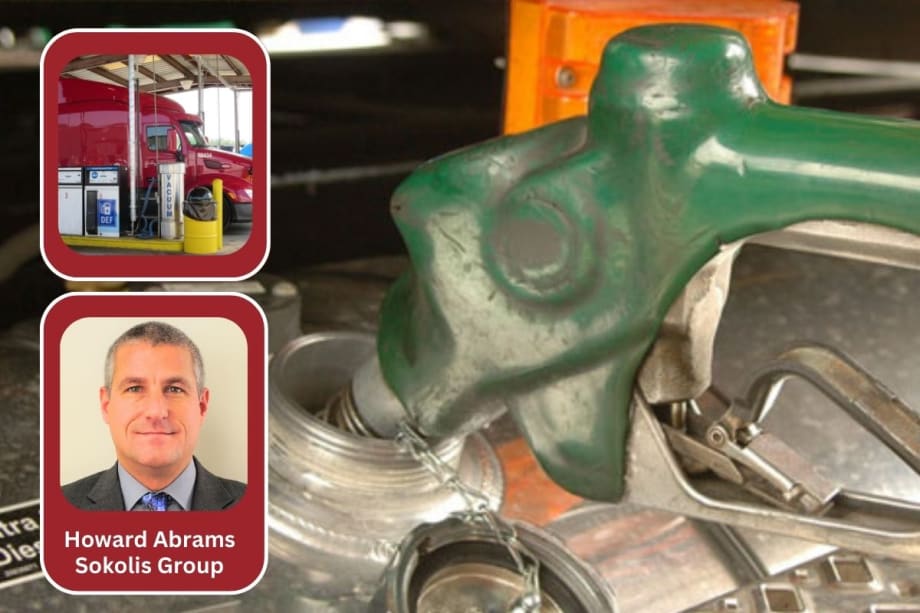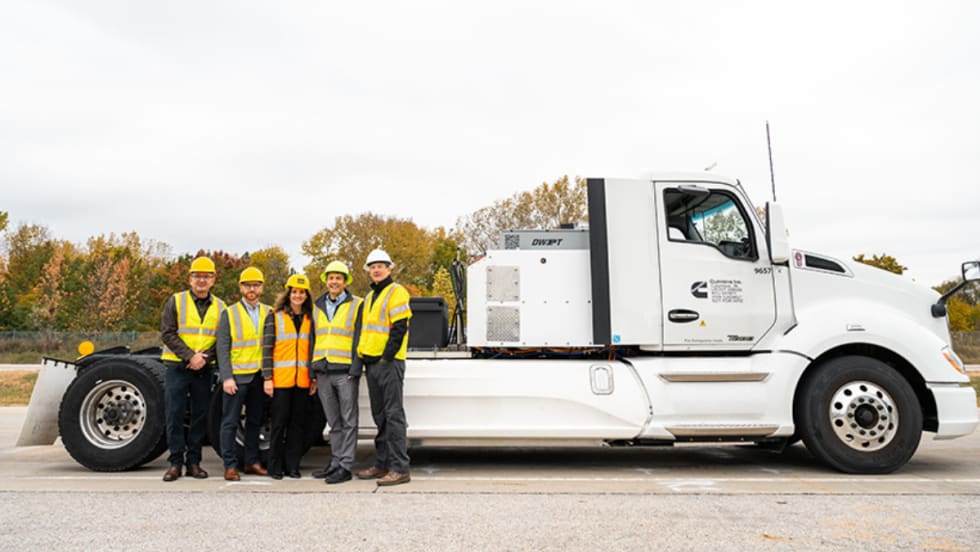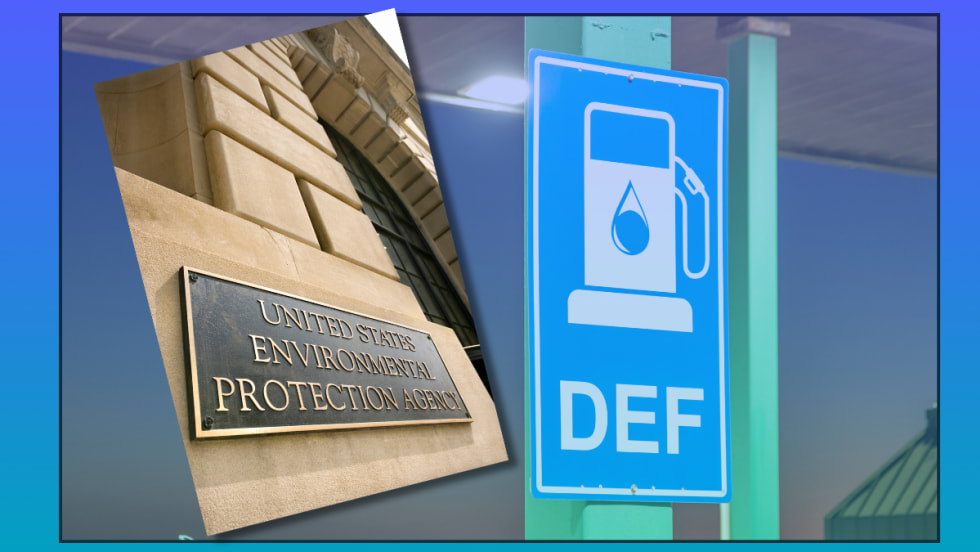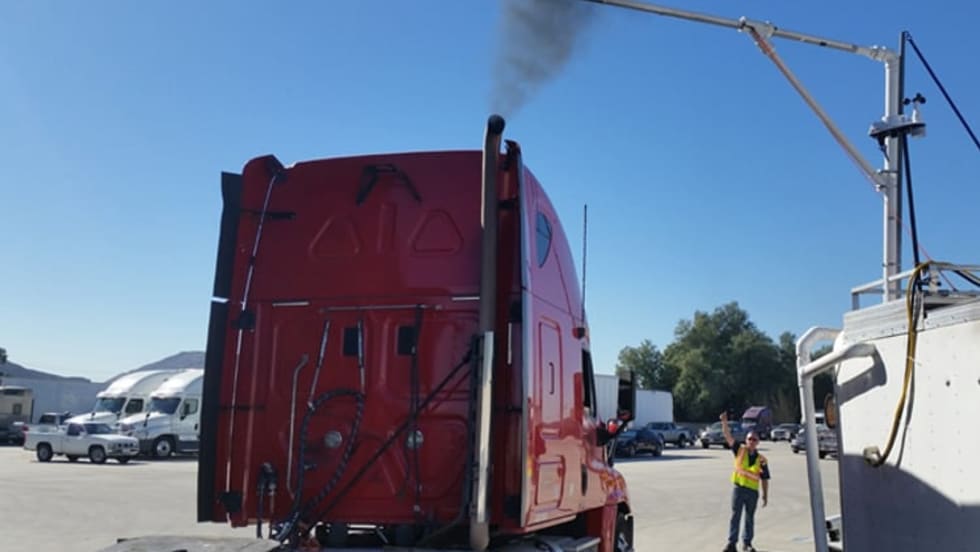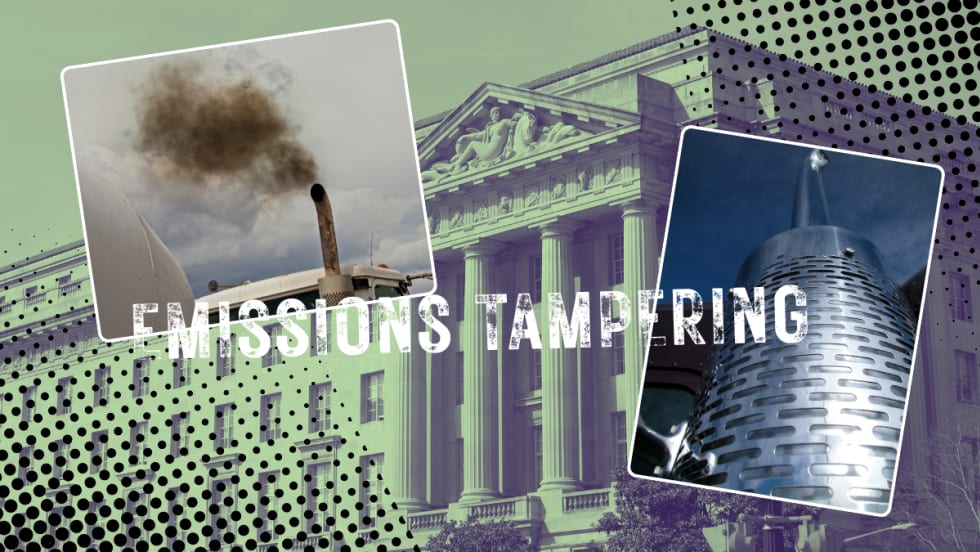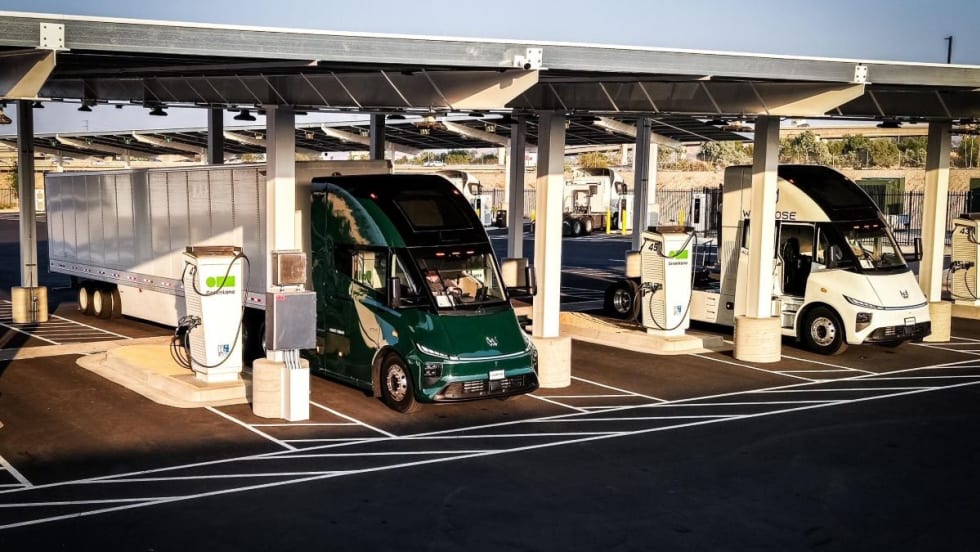Fuel is always one of the highest operating costs for motor carriers, so fleets are constantly looking for additional fuel savings. Here are five tips to help save in the fuel-purchasing process.
by Howard Abrams, Sokolis Group
July 25, 2023Diesel fuel prices have fallen by roughly a third compared to where they were early last summer, so fleets may not be as focused on finding opportunities for additional savings or may not know where to look.
Yet historically, according to the American Transportation Research Institute, fuel costs made up between 19% and 28% of fleets’ average marginal costs from 2018-2022.
The average cost of operating a truck in 2022 surpassed $2 per mile for the first time in the history of ATRI’s Operational Costs report. While much of this increase was due to high fuel costs, it wasn’t the only one, as multiple other cost centers increased by double-digit percentages as well, resulting in average operating costs that increased by 21% percent in 2022 over the previous year. Even when you take fuel out of the equation, the cost of trucking increased by 12%.
So any savings fleets can find on their fuel spend can only help the bottom line, especially when we’re on the down side of the freight cycle.
What Drives the Cost of Diesel Fuel?
To understand how to save money on fuel, it’s important to be aware of the main components of diesel prices.
The price starts with the cost of crude oil. Then refining costs, transportation costs, taxes, and profit margins are added on. Some of these components may not be negotiable and represent most of the price per gallon. However, a supplier’s profit margin may be negotiable and should be reviewed on a regular basis.
The profit margin can vary depending on many factors, such as volume being purchased, geographic location, and overall market conditions. When wholesale fuel prices fall rapidly, it is not uncommon to see suppliers’ profit margins go up if they do not pass along all the savings in the price charged to their customers.
To ensure that you are being charged fair prices for diesel fuel and to explore opportunities for better pricing, consider the following steps:
1. Know Your Fuel-Buying History
Make sure you know the volume of fuel you are purchasing and where those purchases are taking place. This information is critical to have before you can take the next steps. If you cannot easily gather this information, explore implementing a system that can track fuel purchases, monitor prices, and provide data for analysis.
2. Request Quotes
Once you understand your historical fuel purchases, request quotes from multiple fuel suppliers in your area. They will need to know how much fuel you anticipate buying based on your historical trends along with any anticipated changes in your fleet’s operations.
Be sure to ask for a detailed breakdown of the fuel prices, including any taxes, transportation costs, or other additional charges. This will help you understand the components that contribute to the overall price so you can compare prices and identify any significant discrepancies between the quotes.
3. Review Your Current Contract
If you have a current contract with a fuel supplier, review the terms and conditions to ensure they are fair and competitive compared to the quotes you received. If necessary, engage in negotiations to secure more favorable pricing or terms.
If you are looking to enter into a new agreement, knowing the cost of the various components will put you in a better position to negotiate favorable terms.
4. Seek Professional Advice
If you are not comfortable or don’t have the time to do the analysis, request quotes, and negotiate pricing, you can seek professional advice by consulting with fuel procurement specialists who can analyze your current fuel purchasing practices and contracts. They can provide insights regarding your current pricing while also making recommendations to optimize your fuel procurement strategy.
5. Audit Your Fuel Bills
A well-negotiated deal means nothing if the billing is incorrect. Billing errors are not uncommon and may not be a just one-off mistake. If terms are set up incorrectly, a repetitive error could become very costly.
That’s why an important step is to implement a process to audit and validate the accuracy of your fuel invoices. This should involve cross-checking prices with agreed-upon rates, verifying the gallons were delivered, and ensuring compliance with contractual terms for any other line items and taxes.
By being proactive, comparing prices, negotiating contracts, and implementing an auditing process, you can work towards securing better pricing and ensuring the accuracy of the charges for diesel fuel. These steps will help you achieve greater savings on your fuel purchases even while prices are lower.
It will also help protect you when fuel prices inevitably go back up.
Howard Abrams is the president of Sokolis Group, a nationwide fuel management and fuel consulting company. He has more than 30 years of experience with fleet fuel, operations, and finance. He can be reached at HAbrams@SokolisGroup.com or 267-482-6165. This article was authored and edited according to Heavy Duty Trucking’s editorial standards and style to provide useful information to our readers. Opinions expressed may not reflect those of HDT.



